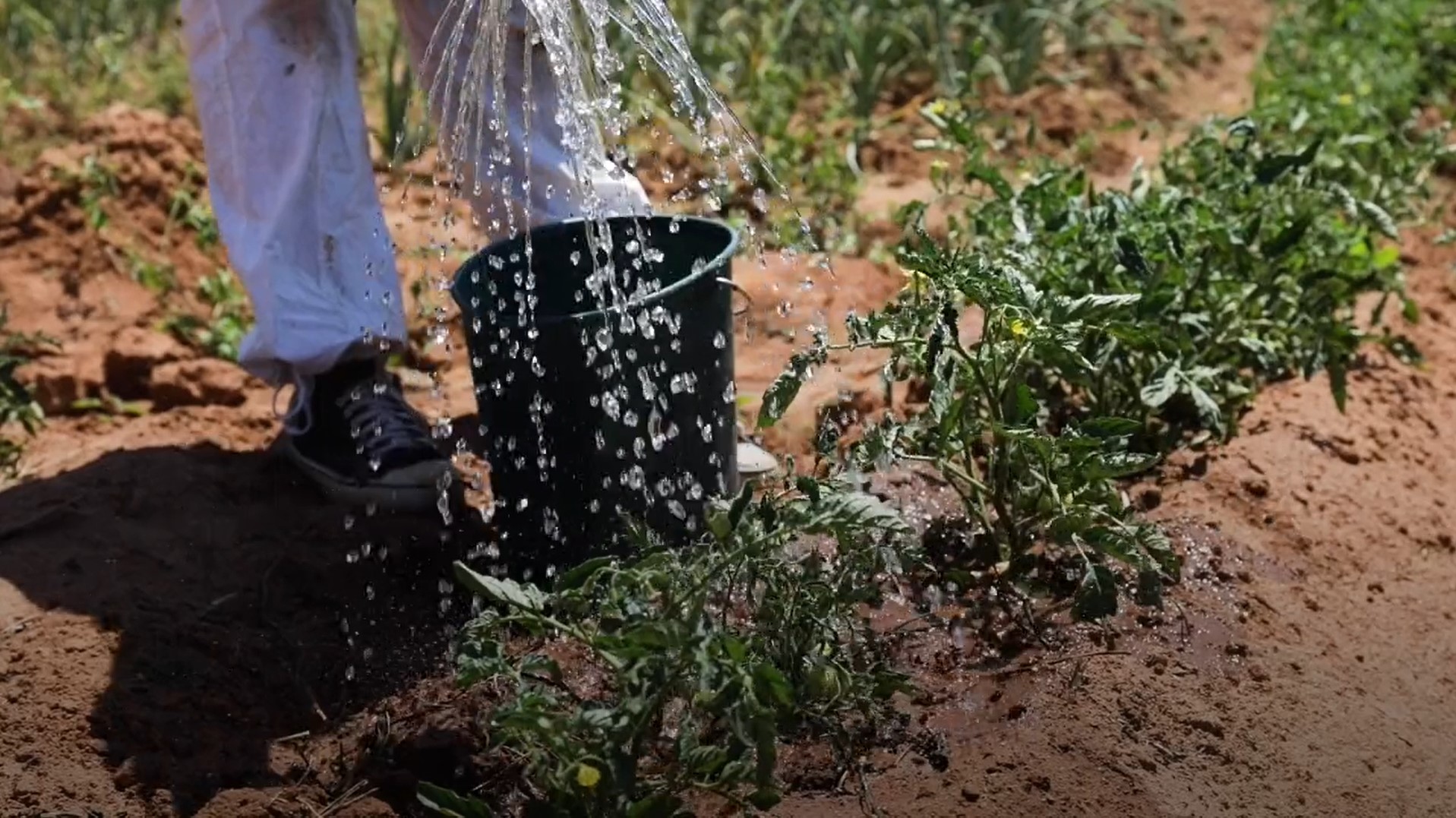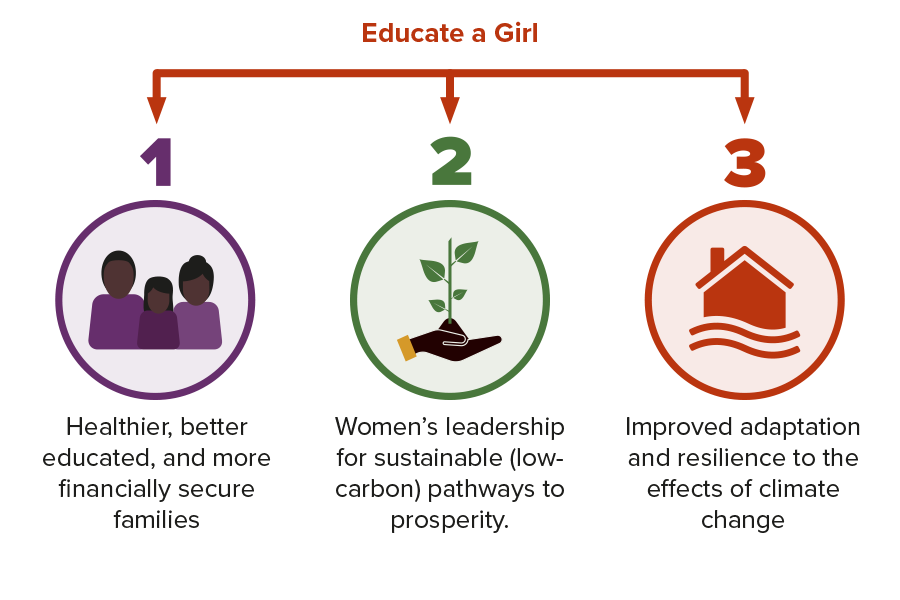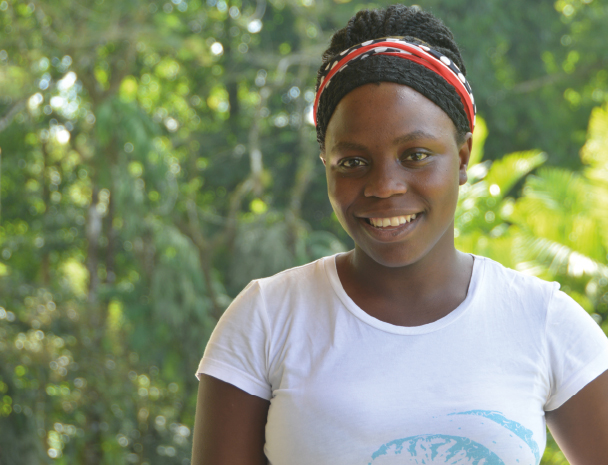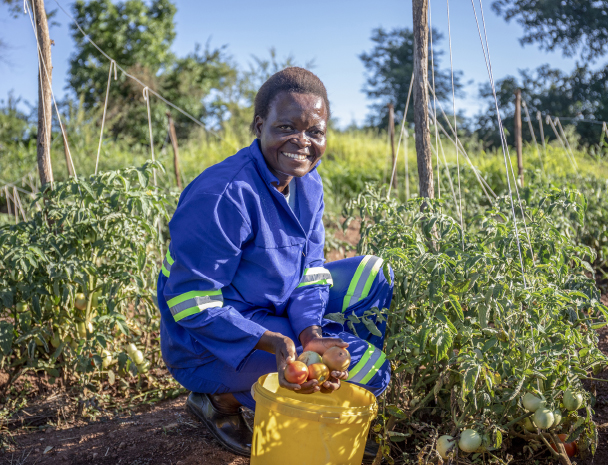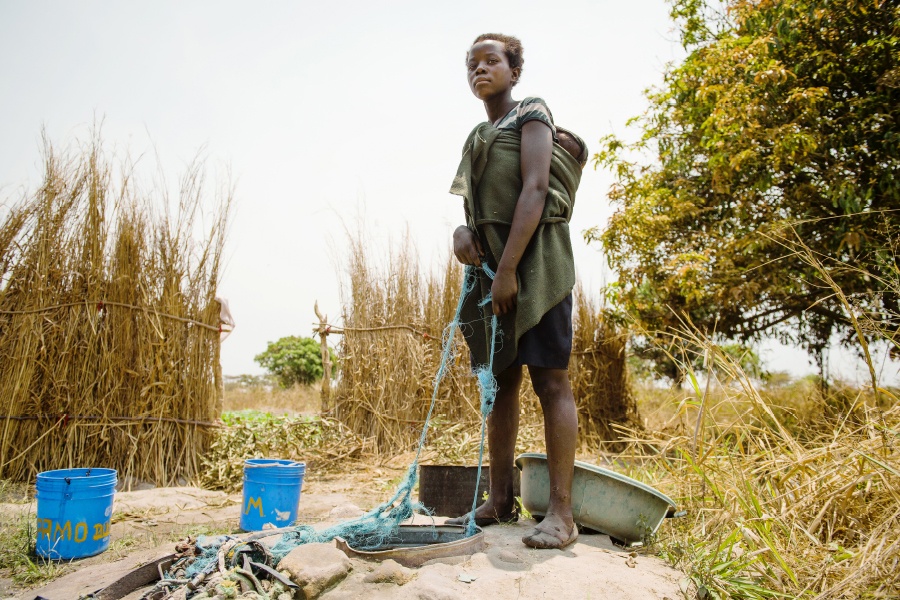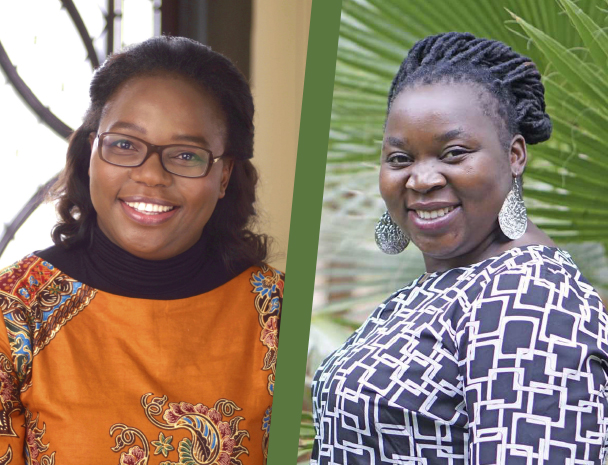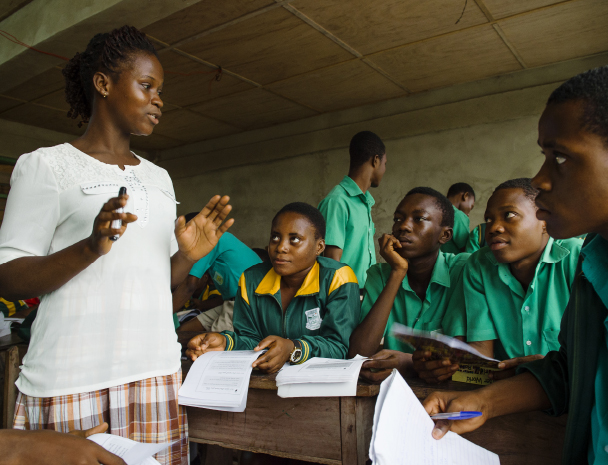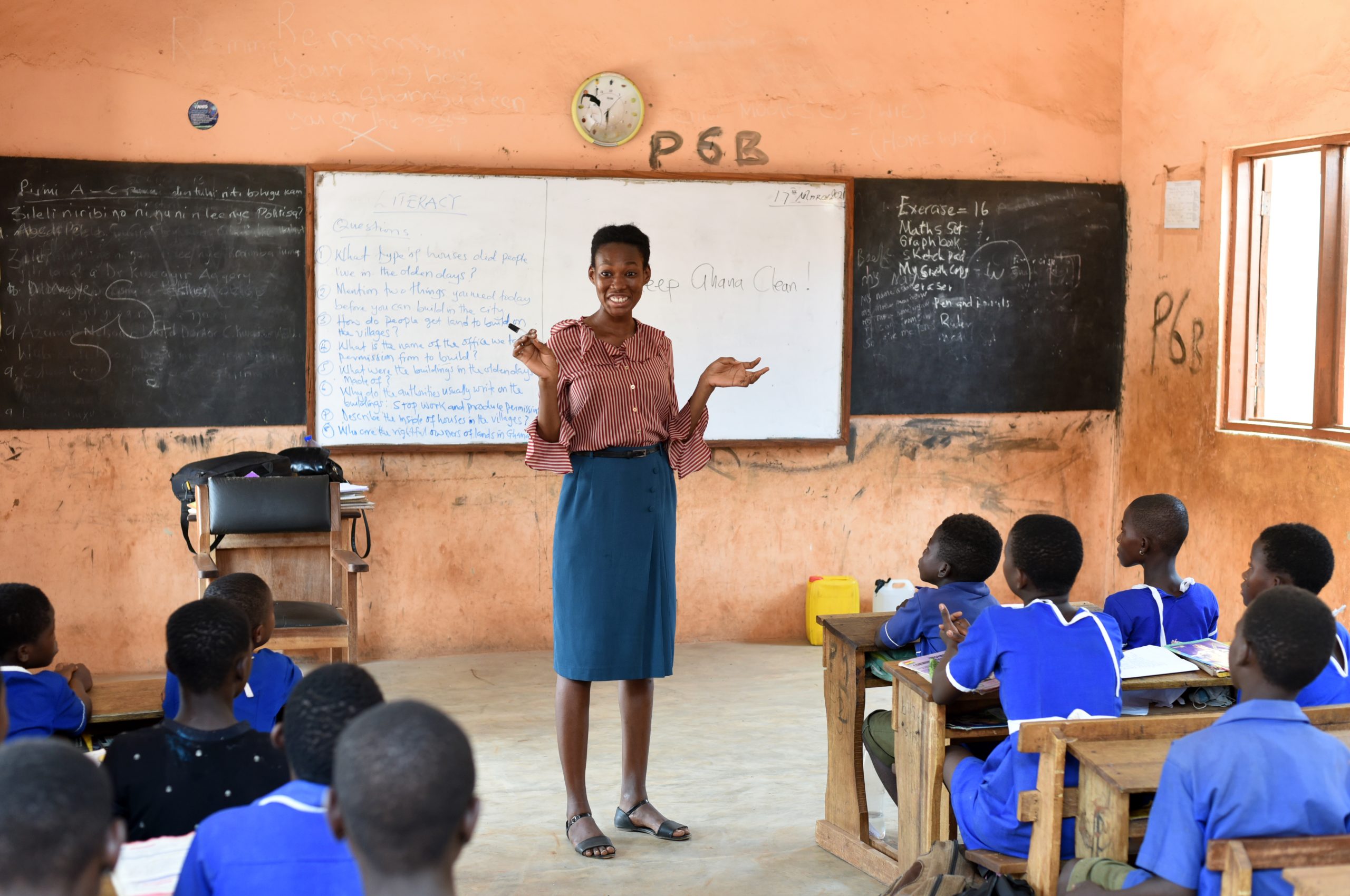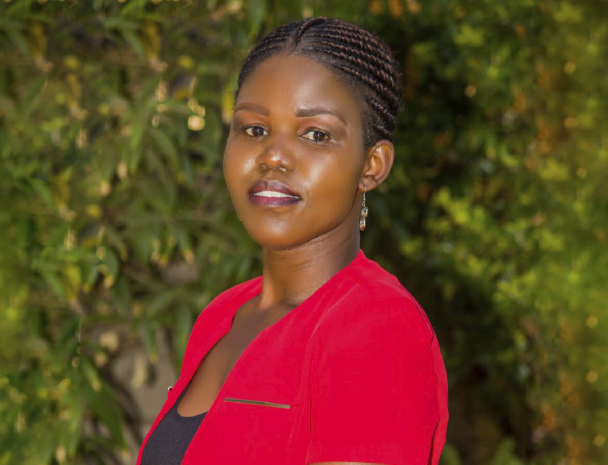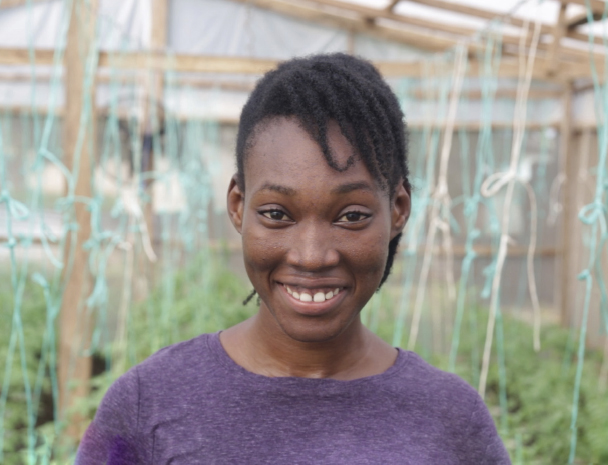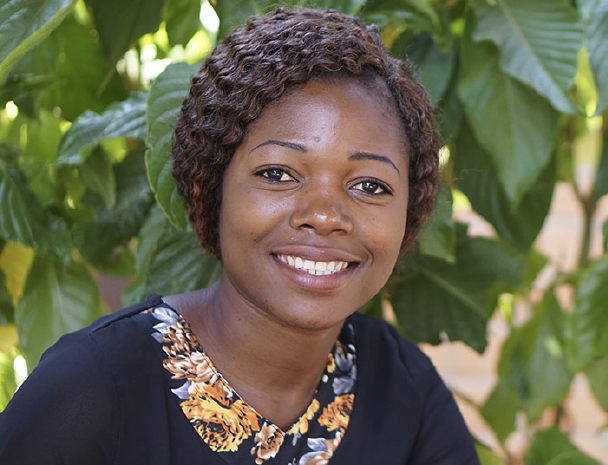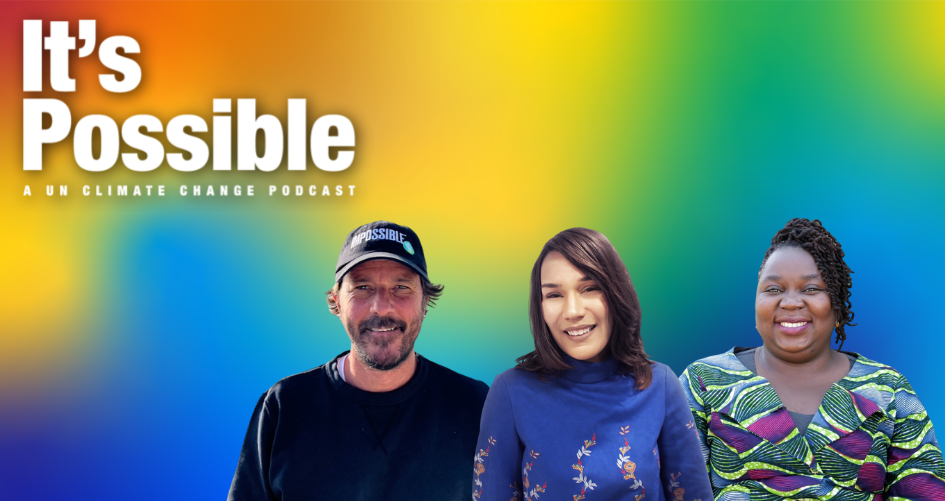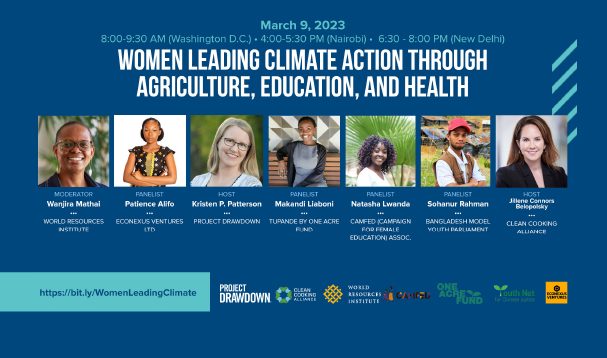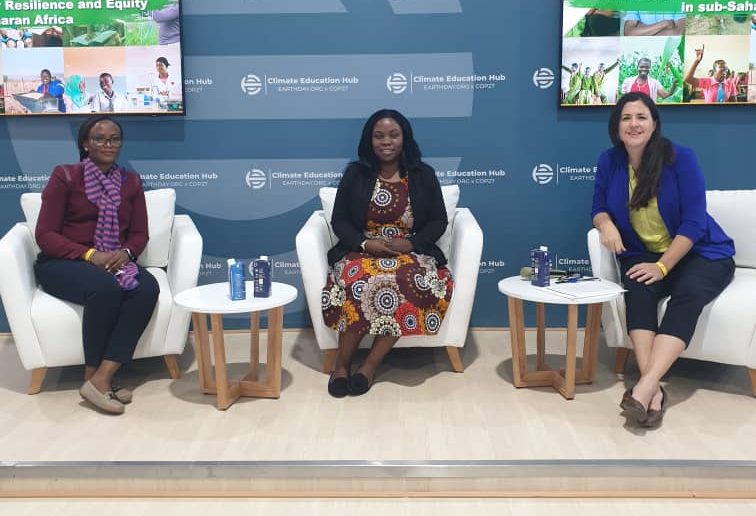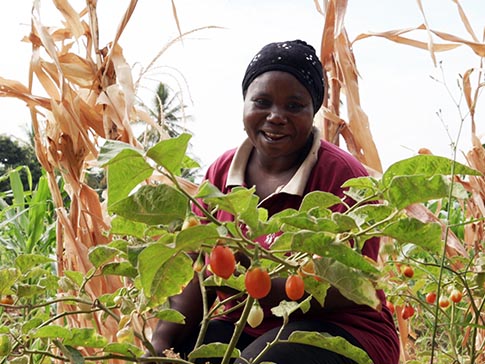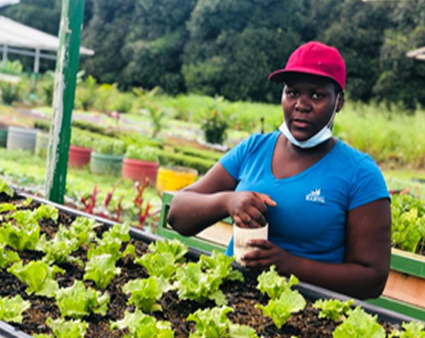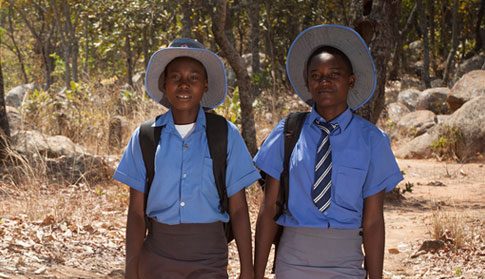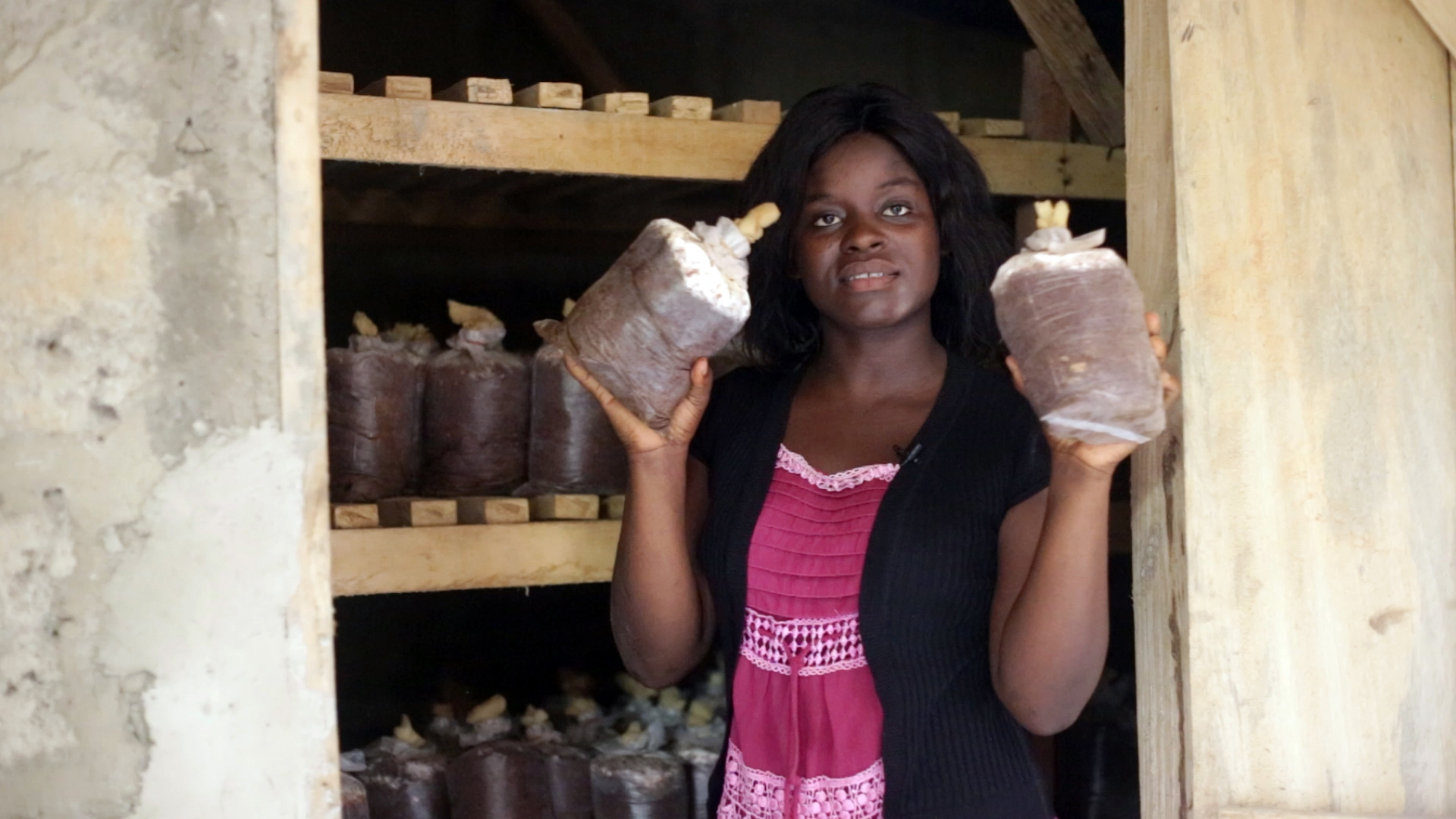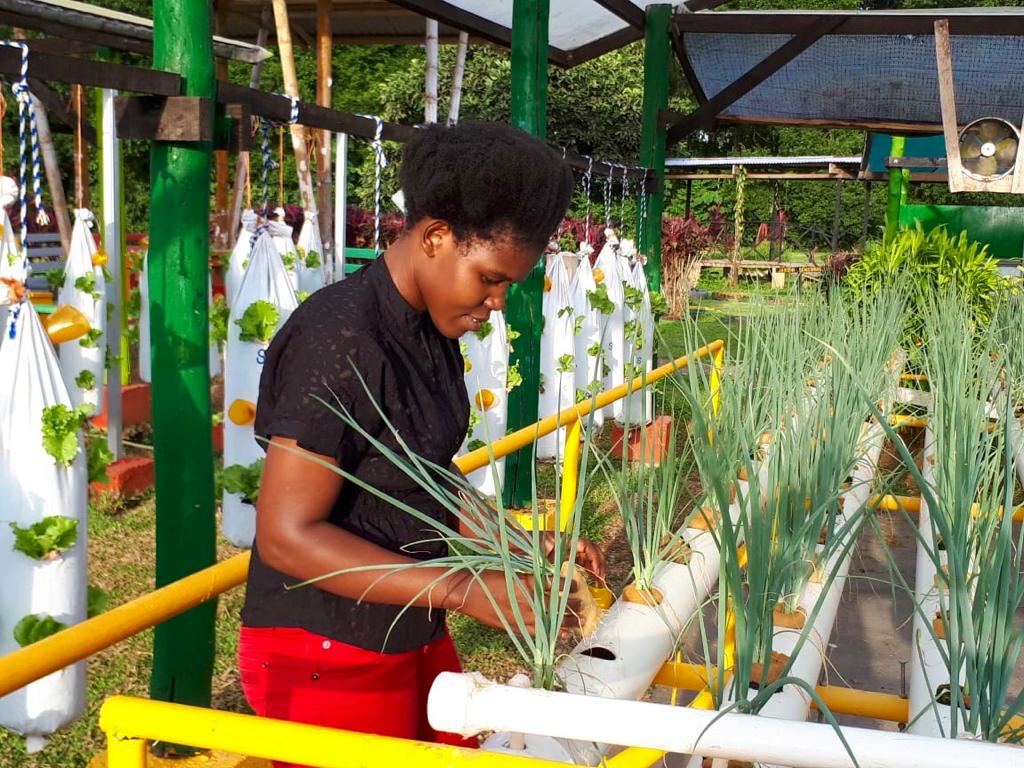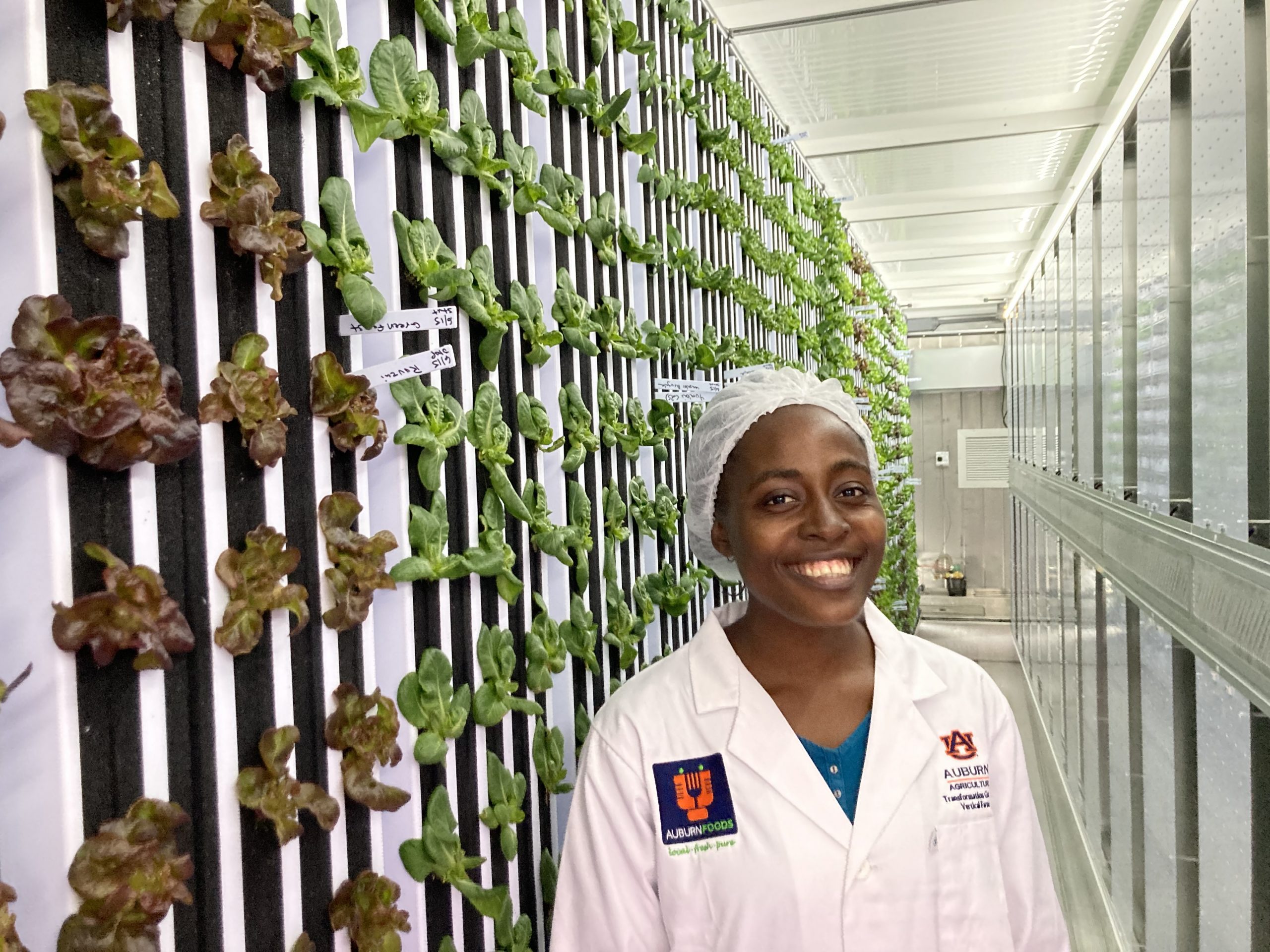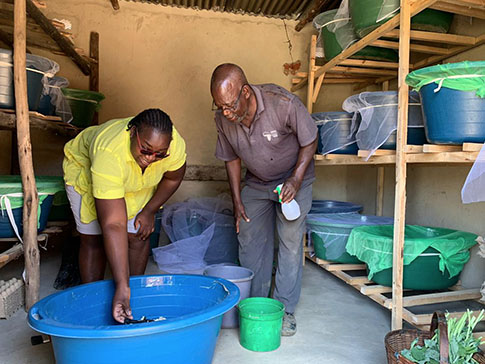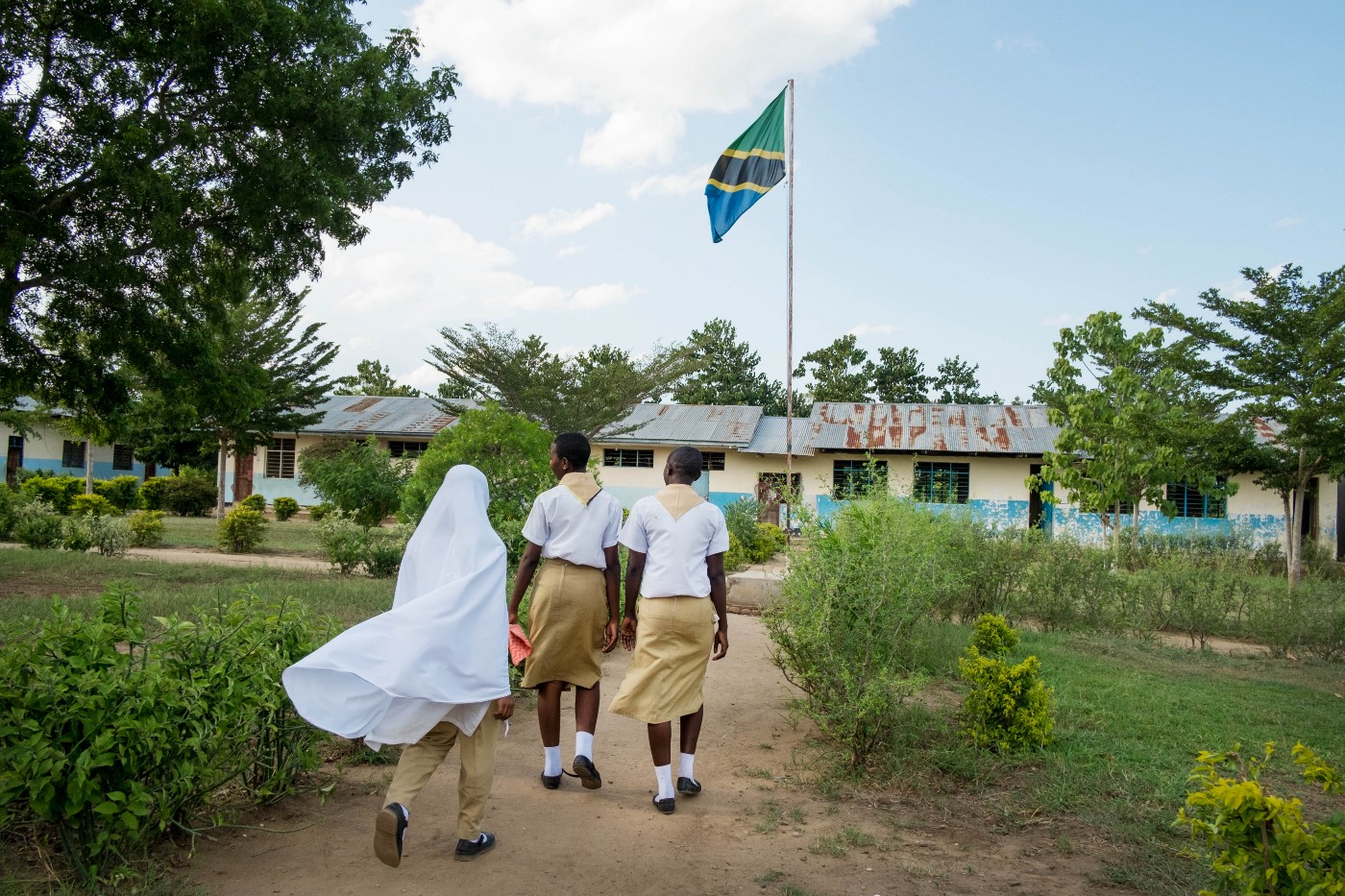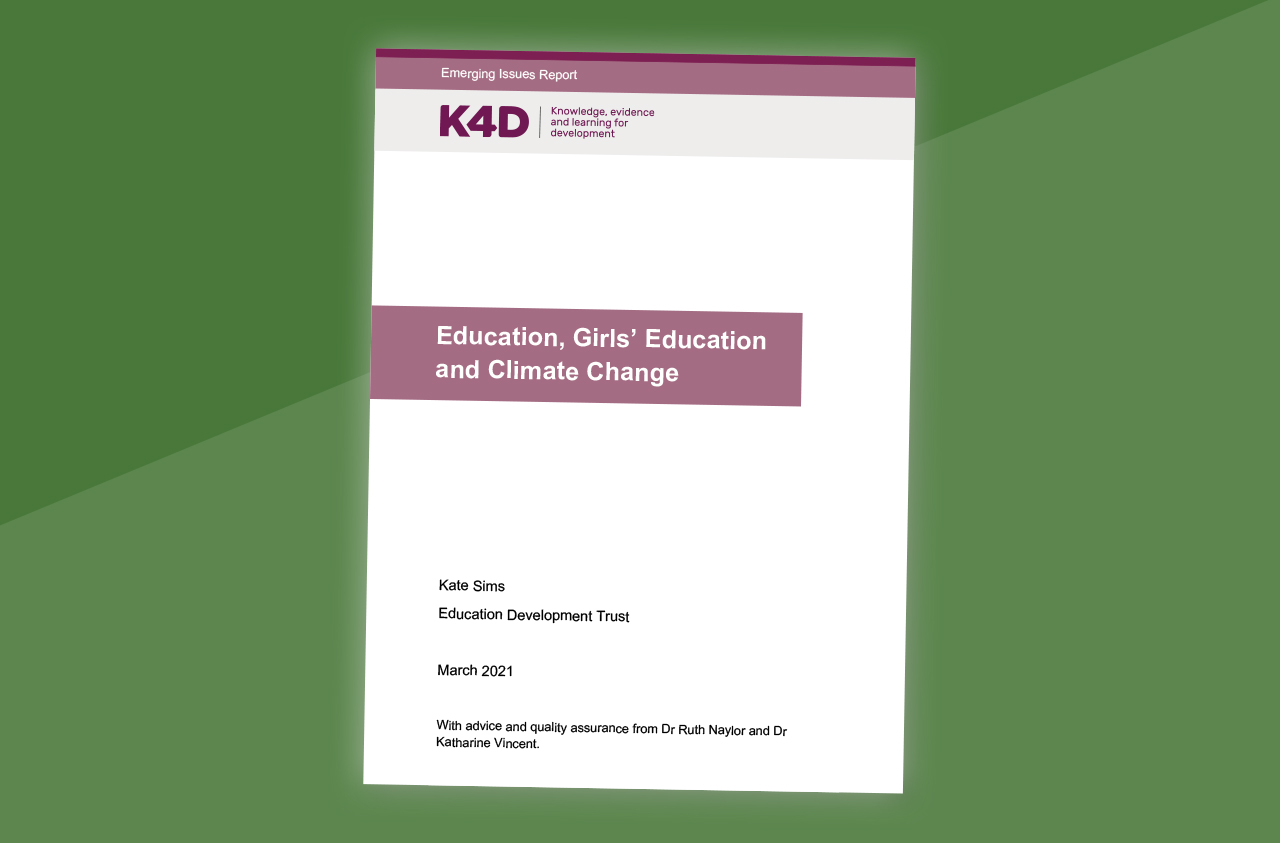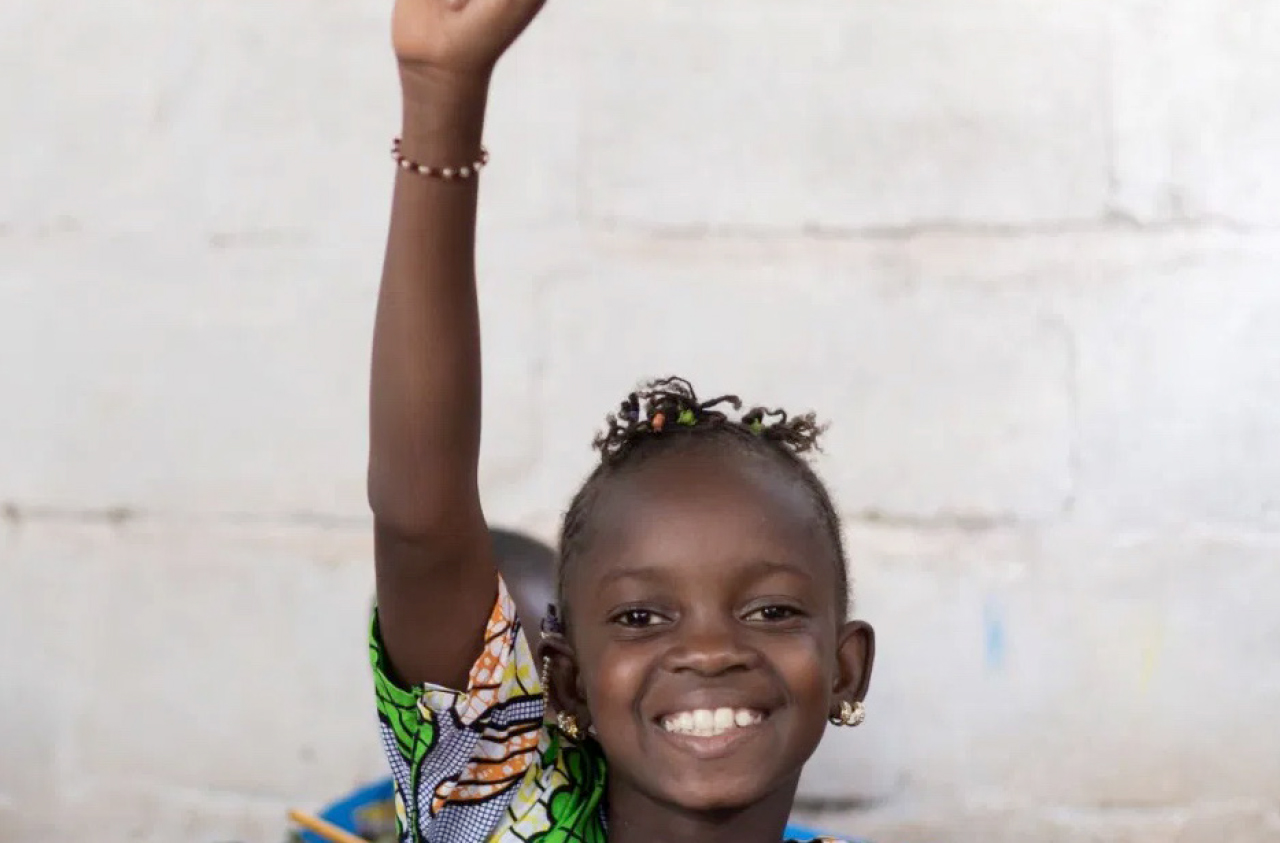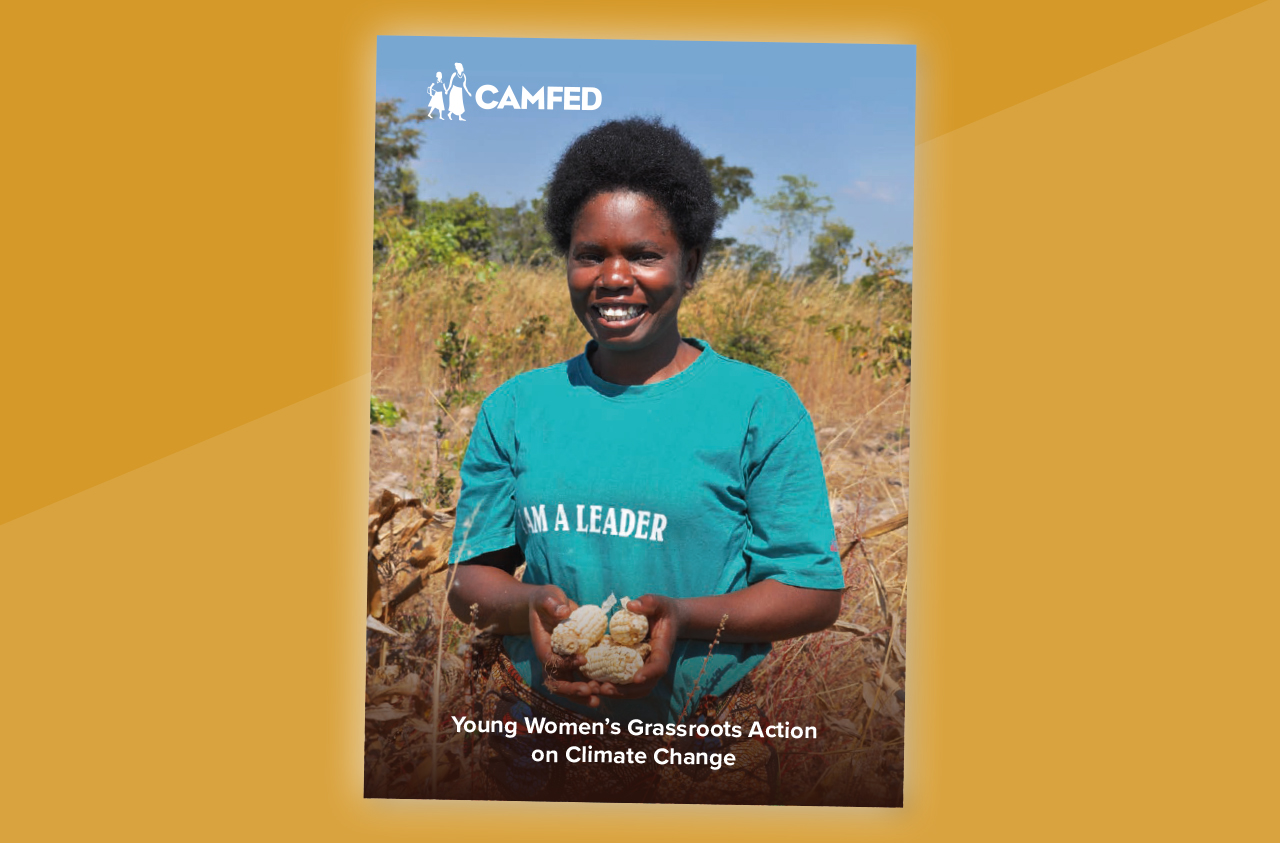Without urgent action, climate change threatens to reverse decades of progress for women and girls.
Even before the COVID-19 pandemic, despite steady progress, 52 million girls in sub-Saharan Africa were excluded from school, with poverty as the main culprit. Now, as a consequence of COVID-19 and climate change, millions more girls and women in low-income countries, especially in the rural farming communities we serve, are at risk of never seeing the inside of a classroom, or failing to learn the basics when they get there.
When families lose their livelihoods because crops fail or are destroyed, or because travel restrictions mean that people can’t access markets to buy and sell goods, hunger and desperation take hold. In this scenario, girls are the first to be pushed out of school, taking on household duties and chores, helping to provide for the family, or marrying young so as to gain perceived security and reduce the burden on their families. This results in a lost generation of young women, open to abuse and ill health; without agency or control; and without the skills and resources to build a brighter future and tackle the effects of climate change – their limitless potential quashed.
CAMFED is not standing idly by.
We support girls through school, and equip young women with the skills and resources to run sustainable businesses.
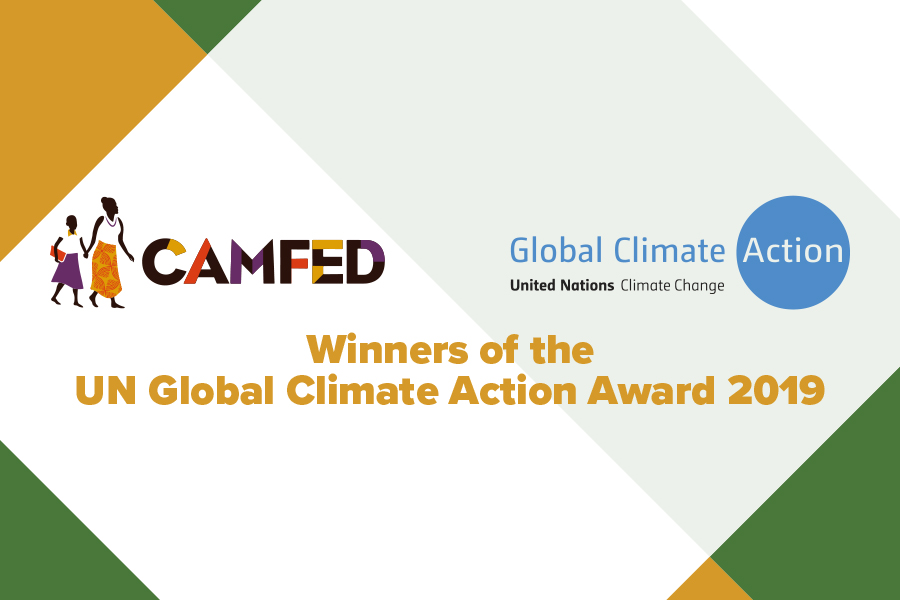
On 26 September 2019, CAMFED received a UN Global Climate Action Award in recognition of African women’s leadership for climate-smart agriculture.
Our work results in educated women with agency, who can live healthier, more productive, and secure lives. They have healthier families, earn higher incomes, support the education of many more children in their communities, and can help build resilience to the effects of climate change, including through sustainable agriculture. Women leaders, actively connected through our peer network, are working together to support each other, and the next generation, to thrive and lead change. Together we tackle hunger, youth unemployment and insecurity, unlocking ever-growing local expertise.


